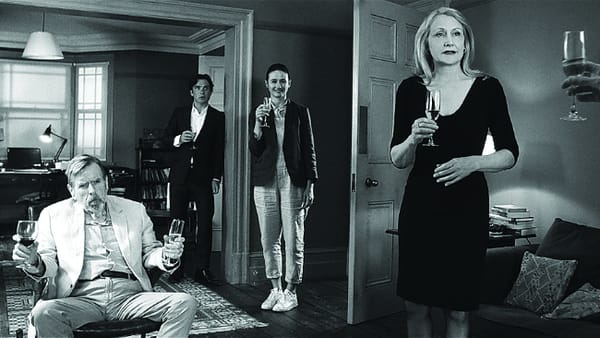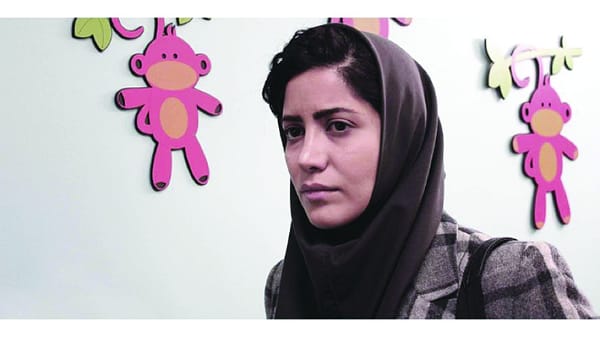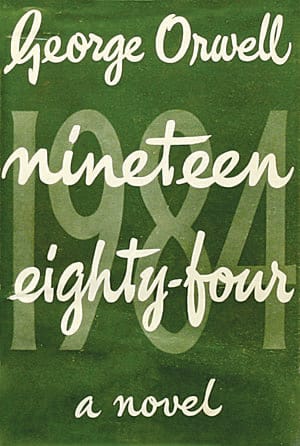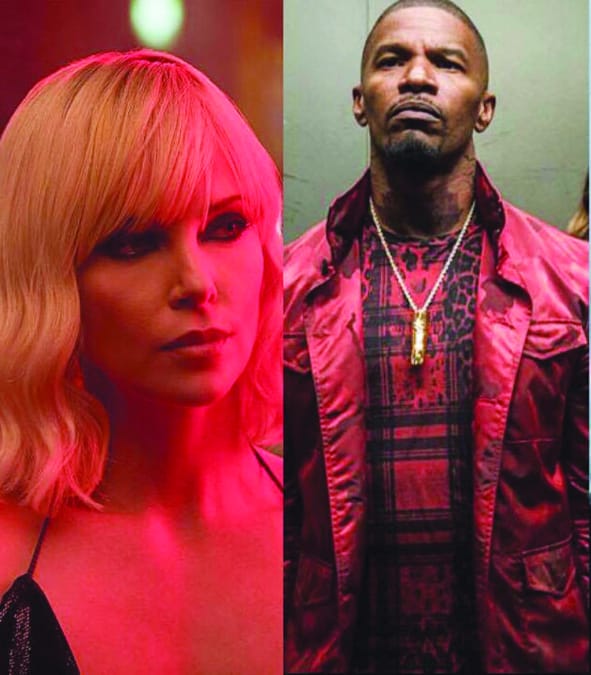Moving on from Daniel: where do we go now?
As Sir Daniel Day-Lewis retires from acting, who takes up his mantle?

As he named The Master the best film of 2012, Peter Bradshaw of The Guardian labelled the anticipation around the release of a Paul Thomas Anderson film as “event cinema”, only comparable to the legend surrounding the great Stanley Kubrick. America’s newest master’s latest, esoterically titled Phantom Thread, concerns a renowned dressmaker at the centre of British fashion in 1950s London. Anderson is a filmmaker synonymous with great American stories, particularly those set in his home state of California: be it a megalomaniac oil baron going head to head with a young, charismatic young preacher at the turn of the 20th century, the beginnings of a scientology-like cult in a United States suffering from an identity crisis post-war, or a young man desperately crying out for a family and finding one in the Los Angeles porn scene in the late seventies.
For the first time the Inherent Vice director has taken a step out outside of the country that he has analysed so profoundly. If this was in any way daunting for him, he will be reassured by the renewal of his collaboration with the most successful actor in Oscar history: Sir Daniel Day-Lewis. The two combined to startling effect to create Daniel Plainview in There Will be Blood, as Day-Lewis redefined acting. Ten years on, and the three-time Academy Award winner returns to the silver screen after five year hiatus; yet over the summer we learned that this would not be a lengthy re-emergence. Day-Lewis had said after his last film that he would be taking a break, and it appears that he has only returned to join forces with the man who brought out his career-high role, and that this will be the very last time we see him in a film.
“Daniel Day-Lewis and Paul Thomas Anderson combined to startling effect in There Will Be Blood”
Day-Lewis was a ferocious and committed actor, capable of completely transforming himself and becoming an entirely different man, or sometimes animal, all together. The stories about just how intense his methods were, and how intimidating that could be for other actors, are well documented. He has held the title of the best actor in the world ever since he burst onto the scene to win the Academy Award for My Left Foot in 1989, and confirmed this title with stunning performances in an eclectic mix of films, from The Last of the Mohicans to In the Name of the Father, The Age of Innocence to The Boxer, Gangs of New York to Lincoln.
In the time since he last worked, he has continued to be considered the best, as it was thought he would return. So he will, but just for one final hurrah. In that time, a number of others have emerged to try and steal the crown. If they have careers half as good as Day-Lewis that will be a great achievement. While it is tempting to linger and pay tribute to the great performances of such a phenomenal artist, let us look forward to the future, and consider who now may be considered the greatest actor in the world. The King is dead, long live the King.
“If any of the actors working today have careers half as good as Day-Lewis, that will be a great achievement”
Note: This is essentially a list of the best actors of the present day. Screen legends such as Al Pacino and Robert De Niro will not as such be considered for this list in spite of continuing to work. Honourable mentions: Michael Fassbender, Benicio Del Toro, Javier Bardem, Mads Mikkelsen, Jean-Louis Trintignant, Gael Garcia Bernal, Viggo Mortensen, Denzel Washington, Kang Ho Song, Tom Hardy, Ryan Gosling, Oscar Isaac, Ed Norton, Colin Farrell, Steve Carell, Matthew McConaughey, Sean Penn, Michael Shannon, Issey Ogata, Ralph Fiennes, Josh Brolin, Mark Ruffalo, Ethan Hawke.
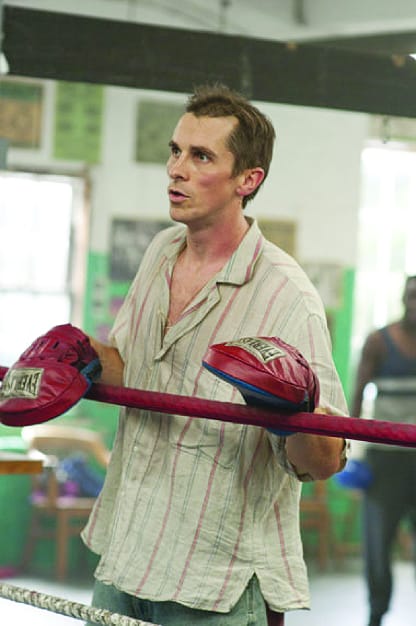
3) Christian Bale
Best Performances: American Psycho, The Fighter, American Hustle, The Machinist, The Big Short
Though Christian Bale was born in Wales, he considers himself English. Looking at his filmography, he may as well consider himself whatever nationality he wants to be. First coming to public attention at the age of 13 as the lead in Spielberg’s Empire of the Sun, in a tremendously demanding role of one so young, Bale later garnered acclaim for what is now a cult performance in American Psycho. From then on Bale has managed to mix commercial recognition with critical acclaim, playing Batman in the Dark Knight trilogy and starring in Terminator Salvation, whilst still managing to work with interesting filmmakers such as Terrence Malick, Jane Campion, Zhang Yimou, David O. Russell, Christopher Nolan, Ridley Scott, Todd Haynes, Hayao Miyazaki, Werner Herzog, and Michael Mann, as well as garnering an Academy Award win from three nominations.
Bale is as renowned for the intensity he applies to his preparation for a film as the acting on camera itself, famously losing 30kg to become skeletal in The Machinist and The Fighter, while gaining the same amount of mass for his muscular portrayal of Bruce Wayne and his podgy lead in American Hustle. A master of accents and genres, perhaps the only role he has yet to completely convincingly master is the romantic lead.
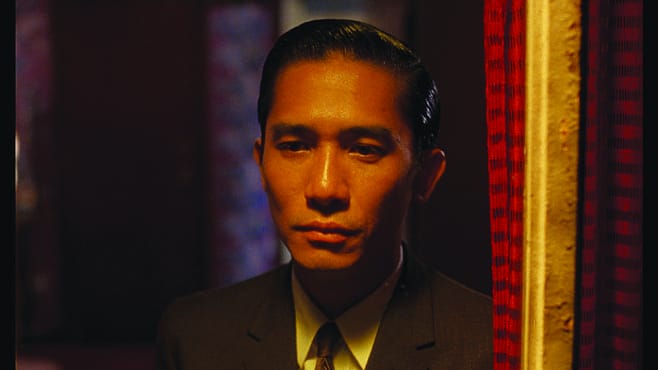
2) Tony Leung Chiu-Wai
Best Performances: In the Mood for Love, Chungking Express, Happy Together, Infernal Affairs
Hailing from Hong Kong, Tony Leung is one of the greatest actors in Asian film history. Often referred to in the media as the Orient’s answer to Clark Gable, Leung is every bit as handsome and charismatic, but the key is that he is a far better actor than Gable ever was. He has roots in television, and made the step up to film with Hou Hsiao-Hsien’s A City of Sadness, which won the Golden Lion at Venice. He gained international recognition for this film, and has remarkably gone on to star in two additional Golden Lion winners.
Perhaps Hong Kong’s two greatest cinematic sons are Wong Kar Wai and John Woo; the former known for his delicate, lyrical romantic dramas, and the latter successful worldwide for his raucous brand of eye-popping action. The fact that Tony Leung is the favourite lead for both of these men is a testament to his versatility. Even as Wong himself decided to step into the martial arts film realm, so well-trodden before, with The Grandmaster, he relied on two things: his unique eye for beautiful imagery and Tony Leung. Able to say as much in a glance as a gunshot, Leung is a truly wonderful actor appreciated everywhere by lovers of cinema.
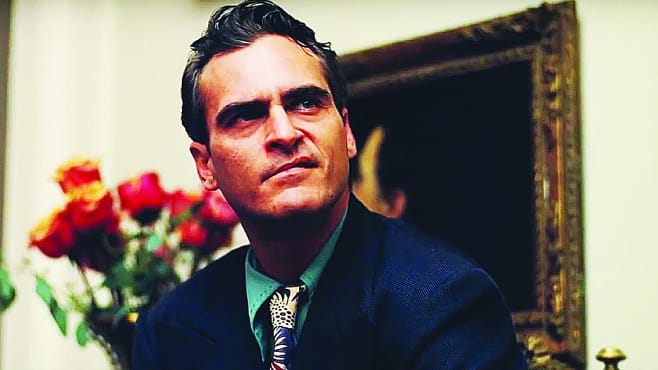
1) Joaquin Phoenix
Best Performances: The Master, Her, Inherent Vice, Walk the Line, You Were Never Really Here, Gladiator
Spotted performing in the street with his brother and sisters, Joaquin Phoenix appeared on television as a child before coming to prominence with a small but memorable role in Ron Howard’s 1989 comedy Parenthood, at the age of 14. It would be another six years before Phoenix returned to the big screen, during which time he witnessed the tragic passing of older brother River on the street outside Johnny Depp’s Viper Room nightclub, following a speedball overdose. This experience certainly seems to have shaped him, providing him with a brooding darkness and trouble in his eyes. Where others pretend, he is the real deal – his bark has a bite.
He stormed back into the public eye with a haunting turn as a problematic high school student in Gus van Sant’s To Die For, going on to work with the likes of Oliver Stone, James Gray, and Philip Kaufman, before earning his first Academy Award nomination for Sir Ridley Scott’s Best Picture-winning Gladiator. This made him and the late River Phoenix the first and so far only brothers ever to be nominated for Oscars in acting, as well as becoming the first Puerto Rican (he was born in San Juan then raised in the US), alongside Benicio Del Toro in the same year, to be nominated for an Academy Award. He would go on to turn in intriguing performances under the tutelage of interesting filmmakers such as Thomas Vinterberg, James Mangold, Terry George, and M. Night Shyamalan, with a particular highlight being his incredible impersonation, both acting and singing, of Johnny Cash in a performance that saw him lift the Golden Globe and come oh-so-close to the Oscar.
Ever the eccentric, Phoenix then announced his retirement from acting to pursue a career in rap music, which spawned perhaps the most notorious late night show appearance of all time on David Letterman. This turned out to be a hoax, as Phoenix grew out a huge beard and acted like an asshole, all in the name of performance art. Or he just grew out a huge beard and acted like an asshole, depending on how you see it. He returned with one of the most devastatingly-committed performances of the century in Paul Thomas Anderson’s The Master, which saw him in pole position to win the Oscar until he slated the whole notion of awards season in an interview.
Since his comeback he has only gone from strength to strength, working again with Anderson, Gray, and van Sant, as well as the likes of Spike Jonze, Woody Allen, Lynne Ramsay, Jacques Audiard, and Garth Davis, embarking on a run comparable to that experience by the likes of Jack Nicholson, Al Pacino, or Robert De Niro in the ‘70s. A romantic loner who falls in love with his operating system in a near future LA; a devious pimp exploiting an innocent Polish immigrant in 1920s New York; a stoner PI sucked into a hazy mystery in the 1960s hippie era; and a troubled army veteran turned gun-for-hire on a mission to rescue a young girl from a child prostitution ring – these are just some of the meaty roles he has transformed for with such astonishing consistency.
This man is a chameleon capable of nigh on anything. Romantic lead, stoner, alcoholic, singer, dancer, professor, Emperor of Rome; he can do it all. The diversity of Phoenix’s filmography is remarkable. The only thing that is the invariable throughout is the undying commitment and fierce intensity with which he manipulates himself to become these characters.

